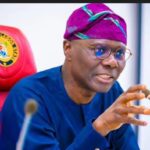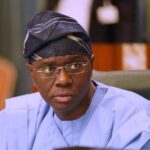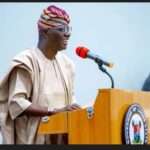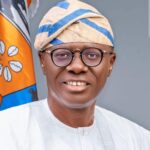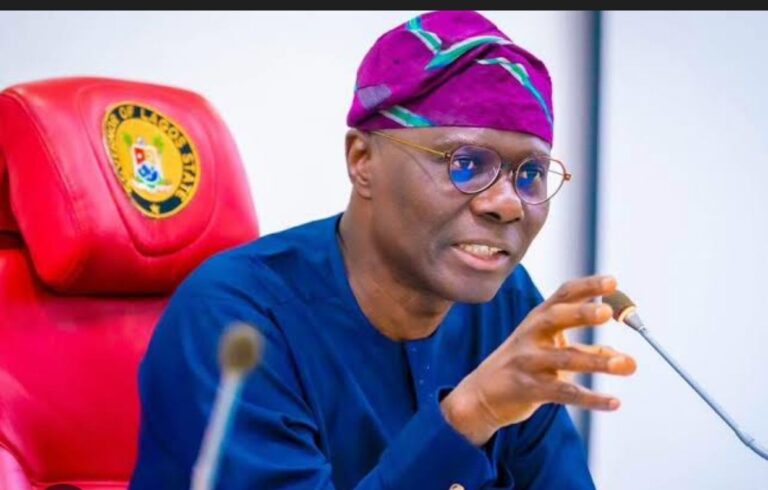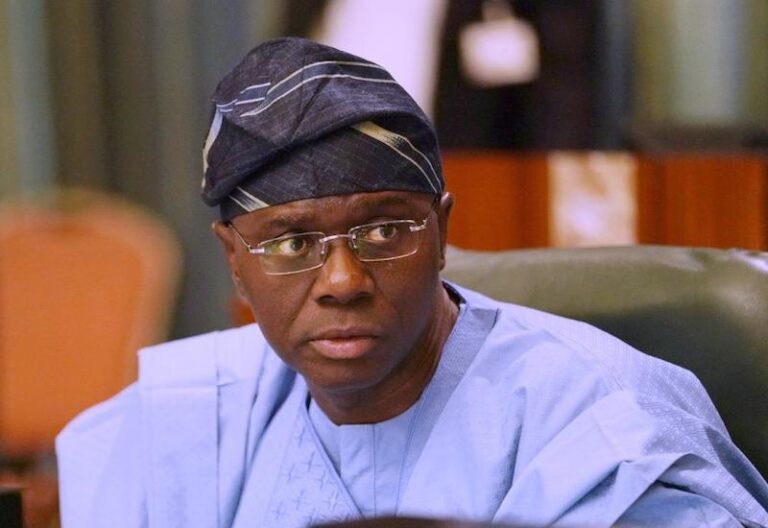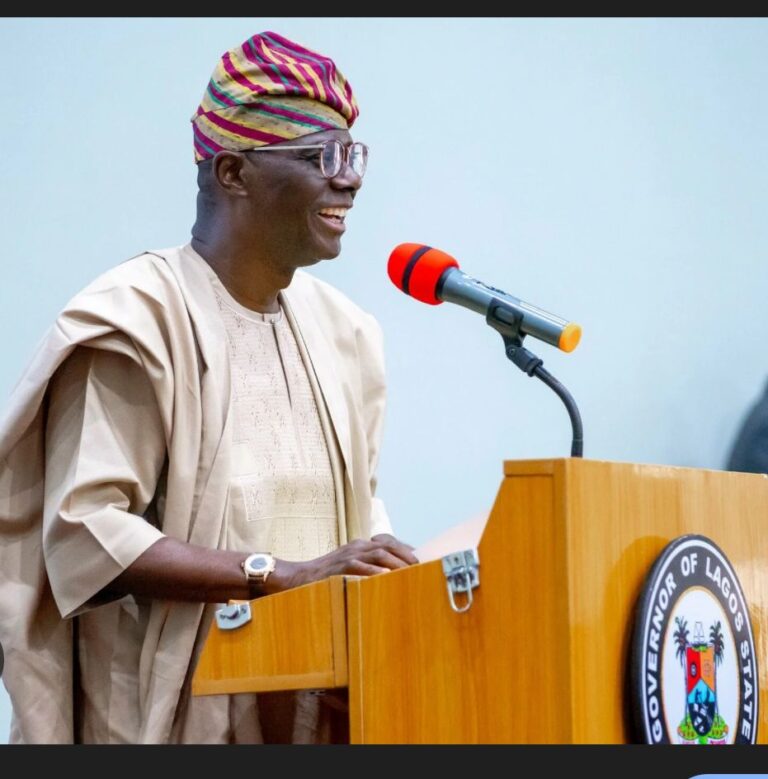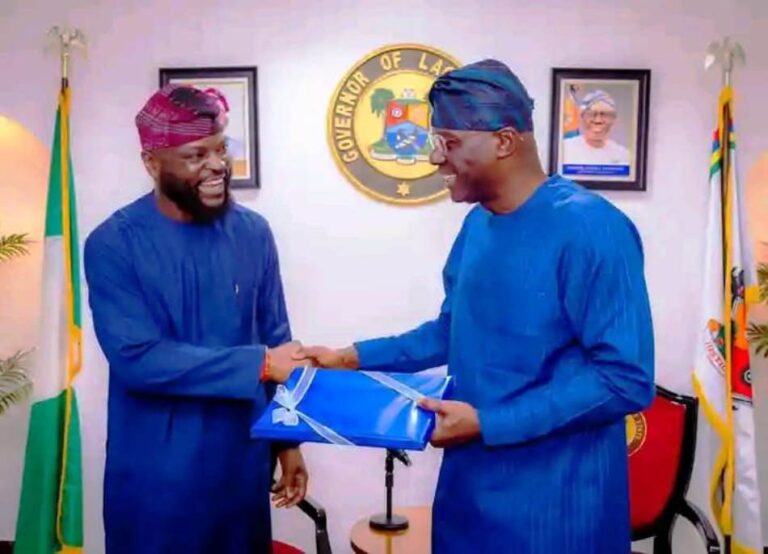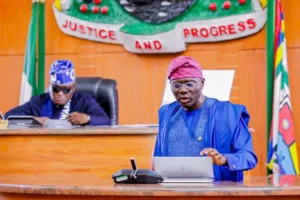
By TAYO OGUNBIYI of Vanguard
The common accounting tool governments, companies, organisations and several other institutions across the world use for planning and controlling what they must do to satisfy the people, and customers and succeed in governance, business and other areas of human endeavours is budgeting.
Budgets provide a measure of the financial results a company expects from its planned activities. By planning for the future, government officials, chief executives, managers, administrators, and others in leadership positions learn to anticipate potential problems and how to avoid them. Instead of subsequently facing problems, they can focus their energies on exploiting opportunities.
In the last five and half years, the Lagos State Government has changed the paradigm not only in budgeting but in its implementation in the country. The State has not only effectively monitored budget implementation, it has consistently delivered a budget performance in excess of 70%. It has been the policy of the government to embark on periodic budget reviews.
Repeated monitoring, critical examination, and diligent application of the process have impacted positively on budget performance in the state. The idea of periodic budget assessment speaks volumes of the pro-activeness of the government as it affords it a scientific basis for measuring its performance in a consistent manner, while putting pressure on government departments and agencies to meet budgetary targets.
While presenting the 2025 budget estimate to the House of Assembly on Thursday, November 22, Sanwo-Olu described the performance of the current year’s budget as “excellent”, noting that the 2024 budget had been implemented to the tune of N1.423 trillion, representing 84 percent performance as at the end of the third quarter.
The Governor proposed a total of N3.005 trillion budget estimates, earmarking a huge capital investment of N908.7 billion to the Economic Affairs sector—a cluster of key MDAs, comprising Tourism and Creative Arts, Agriculture, Transportation, Works and Infrastructure, Industry and Investments, Wealth Creation and Employment, Energy and Mineral Resources, Waterfront Infrastructure, and Commerce.
The 2025 Appropriation Bill, christened “Budget of Sustainability”, represents a 32.5 percent increase over the current year budget, totaling N2.3 trillion.
The increment, Sanwo-Olu said, reflected the growing citizens’ demands for sustainable interventions in programmes and projects that would further raise productivity and energise economic growth in the State.
In response to citizens’ demands, the governor said the proposed budget was structured to ensure stability, stewardship, and social equity around five key pillars, including infrastructure sustainability, economic diversification, social inclusion and human capital development, environmental sustainability, governance, and institutional reforms.
He noted that sustaining investment in infrastructure in key areas of priority would enable the State to build up momentum for more growth, stressing that his administration’s infrastructural drive would further get a boost in the coming fiscal year.
By TAYO OGUNBIYI
The common accounting tool governments, companies, organisations and several other institutions across the world use for planning and controlling what they must do to satisfy the people, and customers and succeed in governance, business and other areas of human endeavours is budgeting.
Budgets provide a measure of the financial results a company expects from its planned activities. By planning for the future, government officials, chief executives, managers, administrators, and others in leadership positions learn to anticipate potential problems and how to avoid them. Instead of subsequently facing problems, they can focus their energies on exploiting opportunities.
In the last five and half years, the Lagos State Government has changed the paradigm not only in budgeting but in its implementation in the country. The State has not only effectively monitored budget implementation, it has consistently delivered a budget performance in excess of 70%. It has been the policy of the government to embark on periodic budget reviews.
Repeated monitoring, critical examination, and diligent application of the process have impacted positively on budget performance in the state. The idea of periodic budget assessment speaks volumes of the pro-activeness of the government as it affords it a scientific basis for measuring its performance in a consistent manner, while putting pressure on government departments and agencies to meet budgetary targets.
While presenting the 2025 budget estimate to the House of Assembly on Thursday, November 22, Sanwo-Olu described the performance of the current year’s budget as “excellent”, noting that the 2024 budget had been implemented to the tune of N1.423 trillion, representing 84 percent performance as at the end of the third quarter.
The Governor proposed a total of N3.005 trillion budget estimates, earmarking a huge capital investment of N908.7 billion to the Economic Affairs sector—a cluster of key MDAs, comprising Tourism and Creative Arts, Agriculture, Transportation, Works and Infrastructure, Industry and Investments, Wealth Creation and Employment, Energy and Mineral Resources, Waterfront Infrastructure, and Commerce.
The 2025 Appropriation Bill, christened “Budget of Sustainability”, represents a 32.5 percent increase over the current year budget, totaling N2.3 trillion.
The increment, Sanwo-Olu said, reflected the growing citizens’ demands for sustainable interventions in programmes and projects that would further raise productivity and energise economic growth in the State.
In response to citizens’ demands, the governor said the proposed budget was structured to ensure stability, stewardship, and social equity around five key pillars, including infrastructure sustainability, economic diversification, social inclusion and human capital development, environmental sustainability, governance, and institutional reforms.
He noted that sustaining investment in infrastructure in key areas of priority would enable the State to build up momentum for more growth, stressing that his administration’s infrastructural drive would further get a boost in the coming fiscal year.
According to him, the government had completed 30 road projects, including bridges, across the State, which had all been scheduled for commissioning from the beginning of next month.
The Governor also announced that Lagos had sealed a Memorandum of Understanding with the Federal Government’s Ministry of Finance Incorporated, MOFI, to kickstart exploratory work on the development of the 68-km Green Line, which will connect Marina to the Lekki Free Trade Zone—a fast-growing industrial corridor in Lagos.
Thus, the 2025 budget is not just a fiscal document but a blueprint for continuity, resilience, and shared prosperity for every Lagosian. As a key economic hub, Lagos stands at a crossroads: a nexus of challenges that test its resolve and opportunities that call for bold action.
In crafting this budget, the government has listened to the citizens’ voices, studied the global and local economic realities, and reaffirmed its commitment to ensuring that Lagos continues to thrive sustainably for generations to come.
Therefore, through the budget, the government will be making significant progress in revitalising cultural, religious, and recreational infrastructure across the State. These initiatives are aimed not only at preserving the rich cultural heritage of Lagos but also at unlocking the tourism economy by creating spaces for recreation and artistic expression.
The recently signed MoU between the State government and MOFI to kickstart exploratory work on the development of the 68-km Green Line, which will connect Marina to the Lekki Free Trade Zone, portends a bright future for the State.
The 2025 budget proposal consists of a recurrent expenditure of N1.239 trillion, representing 41 percent of the total budget, and a capital expenditure of N1.766 trillion, which represents 59 percent of the budget.
It is to be financed through a combination of projected revenue inflow of N2.597 trillion, and a deficit financing of N408.9 billion. The revenue sources include Internally Generated Revenue, IGR, projected to be N1.971 trillion, and federal transfers of N626.1 billion.
The budget’s deficit would be financed through external and internal loans and the issuance of bonds, which would be within the State’s fiscal sustainability parameters.
Based on sectoral allocation analysis, the government will be spending N233.176 billion on Environment, N204.005 billion on Health, N208.376 billion on Education, N124.073 billion on Security, Safety, and Public Order, while Social Protection will gulp N47.077 billion.
On the whole, the budget is not just a statement of intentions but a practical, actionable framework designed to impact lives. There is something for everyone in the budget. From students and entrepreneurs in Yaba to the farmers and fishermen in Epe and Badagry, from the business executives and market women on Lagos Island to the factory workers in Ikorodu, the budget is all about the people of Lagos alone.
To effectively implement the proposed budget, there is a need to continue to explore public-private-partnership strategies in the provision of infrastructure, and social services, and the conversion of challenges to opportunities within the context of scarce resources. Globally, the development of any megacity like Lagos is the responsibility of both the public and private sectors.
It is inspiring that the result of a recent impact assessment done by the government shows that critical sectors such as Health, Education, the Environment, and Security are experiencing marked improvements.
In terms of literacy level, for example, the level in the state is above the national average. In terms of life expectancy, Lagos State is above the national average. The implication of this is enhanced security, improved healthcare, and invariably better quality of life. The number of patients to doctors is also improving as reflected in life expectancy. Equally, the number of stillbirths and deaths is also gradually reducing.
It is, thus, quite cheering that the State’s 2025 Budget proposal is coming at a time when the focus of the government is on sustaining and surpassing the gains of the past five and half years through the completion of several ongoing projects such as the Phase 11 of the Lagos Blue Light Rail, Massey Street Children’s Hospital, General Hospital, Ojo and Opebi-Ojota Link Bridge, among others.
From all indications, with the availability of the required financial resources, the government will accomplish its objective of sustaining a rising Lagos. Over the years, it has demonstrated enough capacity to implement projects.
To ensure the total success of the State’s 2025 budget, the people need to be fully involved in its implementation. For instance, they need to speak up whenever they notice any anomaly in the implementation of projects in their localities. The projects in their localities are theirs and are principally meant for them so they should monitor them to ensure that money being spent is well spent.

